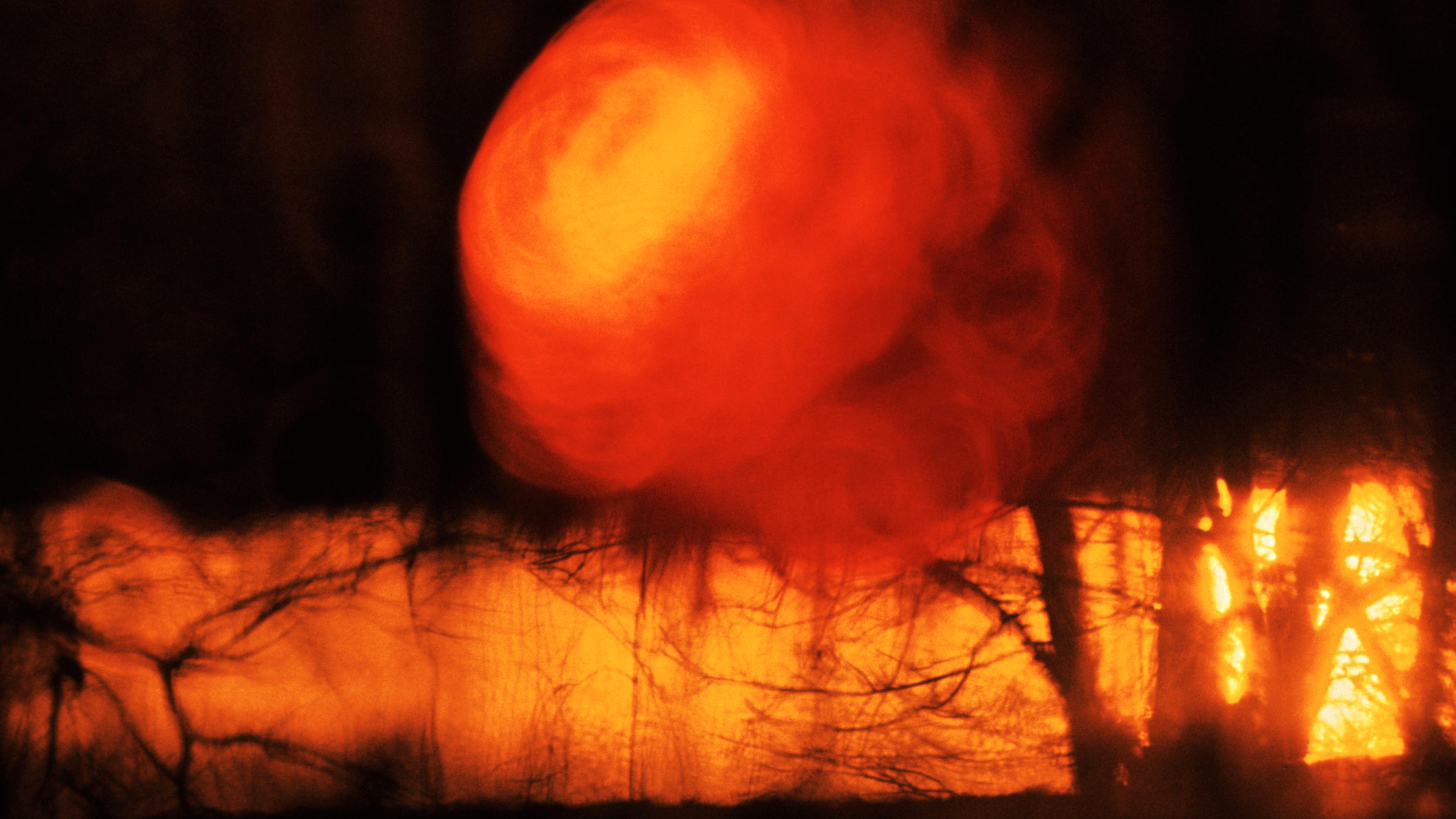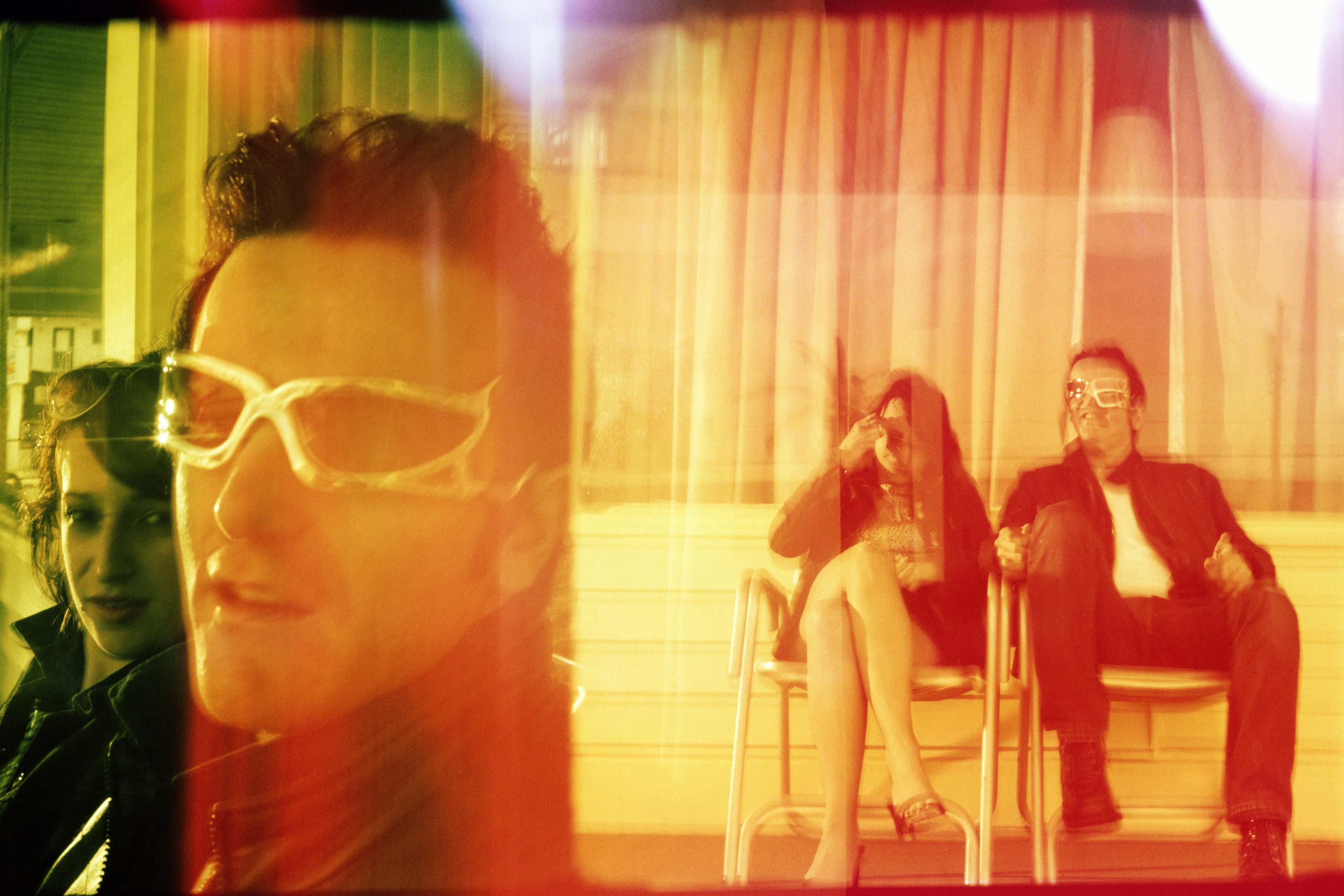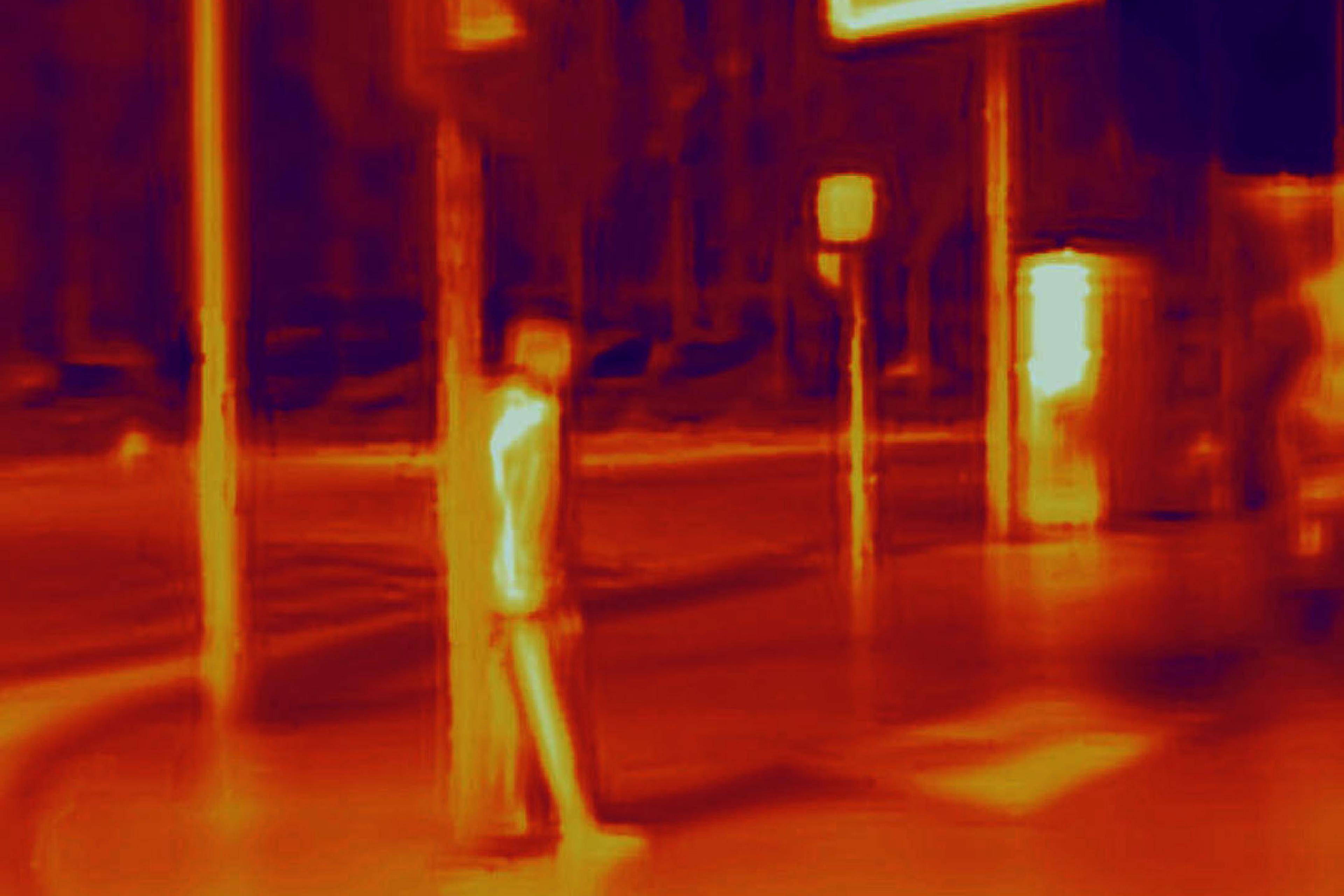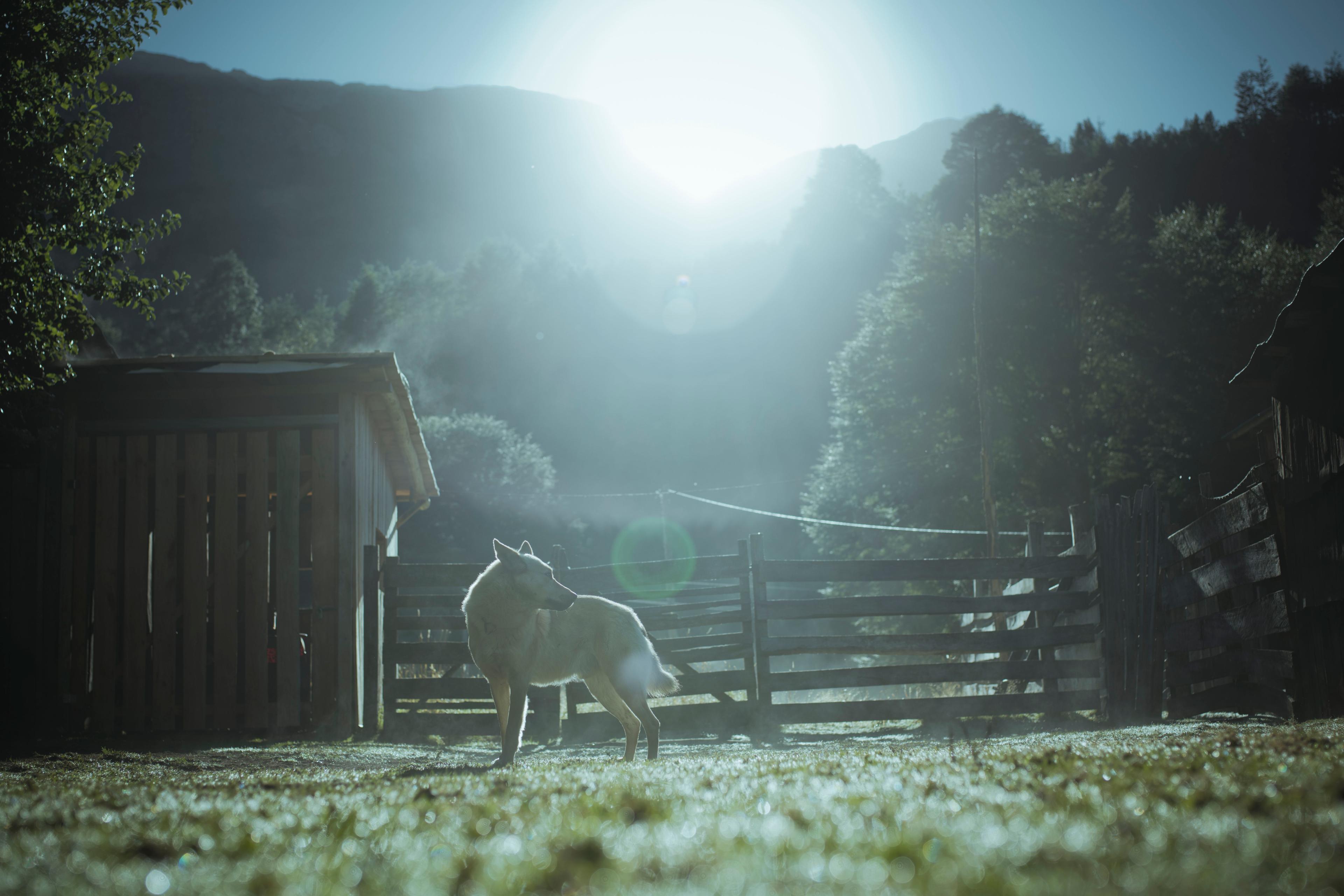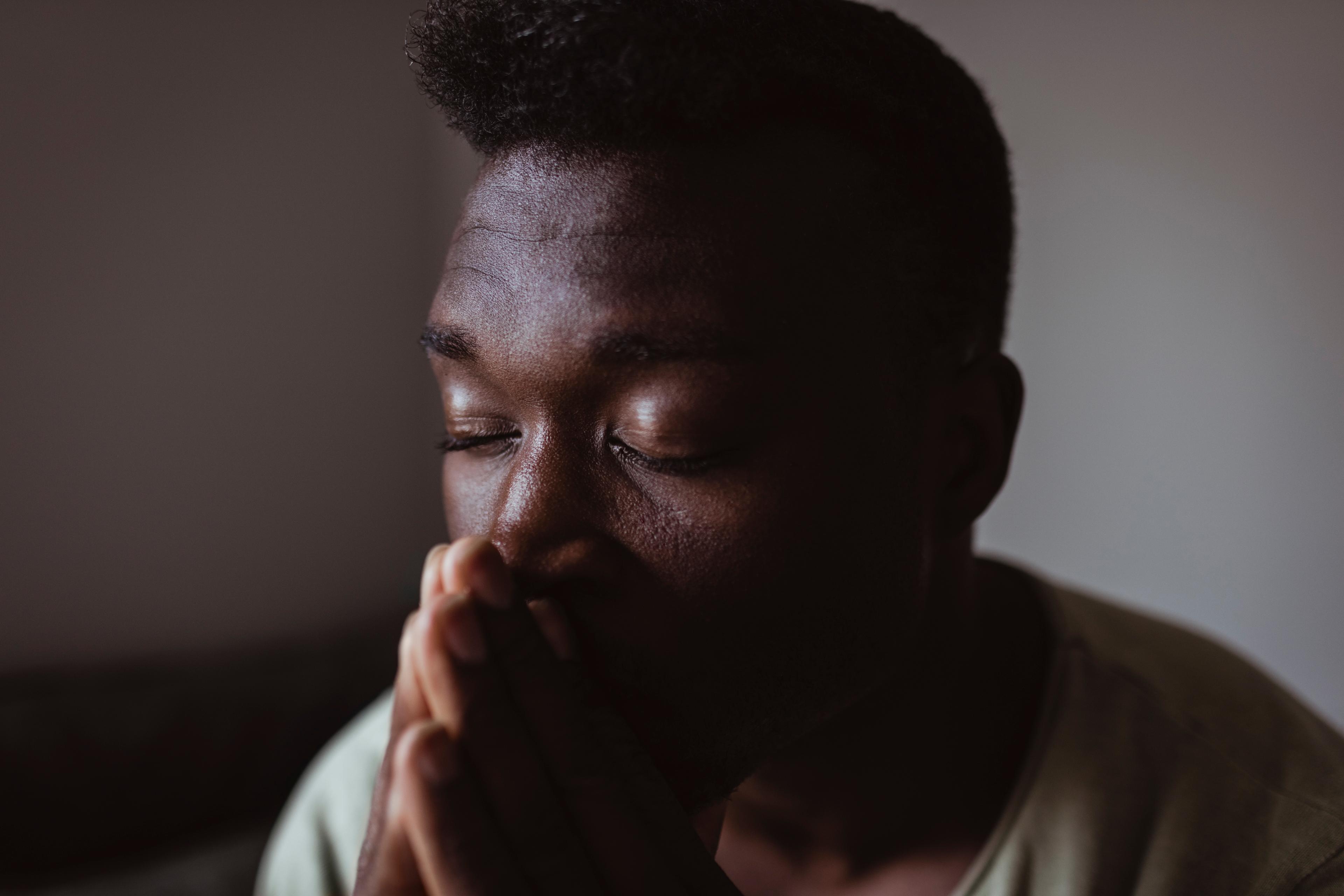Psychedelic drugs are a hot topic right now. These controversial substances are showing promise as both psychiatric treatments and research tools in cognitive neuroscience. Even philosophers are getting in on the act, having recognised the relevance of psychedelic research to debates about selfhood, moral enhancement and existential meaning.
A particularly intriguing fact is that psychedelics can induce forms of experience that subjects consistently describe as ‘spiritual’. One participant in an ayahuasca retreat for the treatment of addiction put it like this:
I had no sense of spirituality before really … even while I was going through [Alcoholics Anonymous] and [Narcotics Anonymous]. They tell you to reach your higher power or whatever. I thought that was a bunch of bull. But after the [ayahuasca] retreats I have really opened up to spirituality big time … I pray … I say thanks to whatever is out there, you know?
This narrative proceeds from the assumption that spirituality is centrally about a belief in something transcendent ‘out there’ – but not everyone thinks this way. Indeed, psychedelics cast an important philosophical question into sharp relief: does spirituality require belief in a ‘supernatural reality’? Or are the dimensions of life we call ‘spiritual’ also accessible to philosophical naturalists – those who believe that the natural world is all that exists? While doctrinaire religion has traditionally maintained a stranglehold on practices that allow us to explore a deeper domain beyond the surface of the everyday, psychedelic evidence and philosophical reflection show that this monopoly is unnecessary.
When Michael Pollan, the journalist and self-described ‘reluctant psychonaut’, took psilocybin mushrooms, his trip ticked all the boxes for a mystical experience. Far from being a woolly notion, the ‘mystical-type’ experience is actually a well-validated concept in the psychology of religion, and seems to be important for psychedelics’ therapeutic effects. In How to Change Your Mind (2018), Pollan writes:
I could easily confirm the ‘fusion of [my] personal self into a larger whole’, as well as the ‘feeling that [I] experienced something profoundly sacred and holy’ and ‘of being at a spiritual height’ and even the ‘experience of unity with ultimate reality’. Yes, yes, yes, and yes – provided, that is, my endorsement of those loaded adjectives doesn’t imply any belief in a supernatural reality … Still, there was no question that something novel and profound had happened to me – something I am prepared to call spiritual, though only with an asterisk. I guess I’ve always assumed that spirituality implies a belief or faith I’ve never shared and from which it supposedly flows. But now I wondered, is this always or necessarily the case?
Everyone agrees that when you accept naturalism, then literal divinities, cosmic minds and supernatural beings have to go – but Pollan’s point is that perhaps spirituality doesn’t need to go with them.
Why look to psychedelic experience in particular for clues about whether spirituality is compatible with a naturalistic worldview? One answer is that because so many people with different backgrounds and assumptions find ‘spiritual’ the best or only way to describe how it feels to take psychedelics, this fact itself indicates that psychedelics exemplify something core to our understanding of what spirituality is.
‘Spirituality’, by definition, would seem to entail a literal belief in non-naturalistic entities such as ‘spirits’ or ‘the spiritual’. But what’s striking about psychedelics is that they induce experiences that subjects call ‘spiritual’ even when they had no prior interest or belief in an any such thing. As the psychedelic pioneer James Fadiman said in 2005 of his first encounter with LSD: ‘my disinterest in spiritual things was as valid as a 10-year-old’s disinterest in sex: it came out of a complete lack of awareness of what the world was built on.’
Mystical-type experiences are the phenomena that people most commonly feel to be spiritual. So, if we want to know whether spirituality is necessarily always focused on non-naturalistic ideas, one obvious approach is to ask people who’ve had such an experience what it meant to them. Qualitative researchers have done this, and the results are intriguing. Some subjects describe metaphysical visions of what the Zen writer Alan Watts called a ‘joyous cosmology’, but others do not. Instead, they emphasise changes in self-perception, feelings of connectedness, intense emotional experiences, and psychological insights. It seems that matters are not so simple as mysticism equating to non-naturalism.
Indeed, there is a lot of overlap between psychedelic subjects’ reports and existing philosophical accounts of naturalistic spirituality. Bringing together several such theories in his article ‘Spirituality for Naturalists’ (2012), the philosopher Jerome Stone extracts a core set of ideas:
We are spiritual … when our sense of connection is enlarged … when we aspire to greater things … [and] when we ask the big questions. Note that these three – connection, aspiration and reflection on profound questions – are all forms of enlarging our selves, of breaking through the narrow walls of the ego.
The sense of increased connection is a common hallmark of psychedelic experience. Sometimes this takes the form of connection to a God or metaphysical principle, but often it does not. Instead, subjects report feeling connected to their bodies, senses, feelings and values, as well as to other people and the world at large. After receiving psilocybin for treatment-resistant depression, one patient said: ‘This connection, it’s just a lovely feeling … this sense of connectedness, we are all interconnected, it’s like a miracle!’
People using psychedelics often encounter Stone’s second and third pillars of spirituality too, describing the process of rediscovering neglected or forgotten values. One patient who received psilocybin treatment for tobacco addiction commented:
I don’t know if I really learned – it was more like letting back in stuff that I had blocked out? … I don’t think I changed my values, just remembered more of them. Or just remembered to honour them more …
Subjects also show an increased interest in the Big Questions. Users of psychedelics often start asking distinctively philosophical questions and espousing classic philosophical positions, even with no prior education in philosophy. Another cigarette smoker who received psilocybin put it like this:
It was all about searching for answers to questions that are age-old. Maybe we have the answer to some of it, maybe we’ll never have the answer to it. But none of it had to do with addiction to cigarettes. It all had to do with stretching space and time, and asking questions like ‘Why is there something rather than nothing?’ And ‘What happened before the Big Bang?’
Finally, psychedelic research supports the idea that connection, aspiration and reflection on profound questions are all ‘forms of … breaking through the narrow walls of the ego’, as Stone put it. Changes to the sense of self are a hallmark of the psychedelic state; they are also the central factor that unifies reports of encountering a cosmic consciousness with more naturalistic experiences of connectedness, catharsis and awe. Furthermore, psychedelics reliably disrupt brain networks that seem to underpin our sense of self. The set of brain regions known as the default mode network, for instance, has been linked to ‘mind-wandering’, daydreaming and spinning autobiographical narratives about one’s life, and several studies have found that psychedelics alter its normal functioning. They also affect the salience network, which has been linked to the moment-to-moment feeling of being an embodied, experiencing subject.
It seems that Pollan was correct: spirituality can be naturalised. The dimensions of human experience that we call ‘spiritual’ are often intertwined with belief in non-natural or supernatural realities, but they need not be. Psychedelic evidence supports the idea that spirituality is about connection, aspiration and asking the big questions; that these are all forms of enlarging the self; and that enlarging the self in this way, with or without pharmacological assistance, is compatible with a naturalistic worldview.
Another traditional assumption about spiritual practice, as the German philosopher Thomas Metzinger emphasises, is that it involves some kind of enquiry. Spirituality is not just about uplifting feelings, but about being in touch with how things really are. Does naturalised psychedelic spirituality pass this test? Well, subjects who rediscover their own neglected or forgotten values are, at least, getting in touch with something psychologically real and existentially important about their own lives. Those who begin to reflect on age-old philosophical mysteries are grasping something real about the human situation, about our epistemic limitations and the nature of our cognitive relations to reality. And those who feel their profound interconnectedness with other people and the natural world are certainly getting more deeply in touch with an undeniable objective fact – one that we ignore at our ever-increasing peril.
These ideas have obvious implications for the place of spirituality in society. Psychedelic experience suggests that spiritual experience doesn’t demand adherence to any specific creed or dogma about the fabric of reality. Connection, aspiration and reflection, and the states of consciousness that enhance them, are the common heritage of naturalists, non-naturalists and philosophical agnostics alike.
Those of us who inhabit pluralistic, secular societies therefore need to grapple with the question: can we safely and responsibly make spiritual experiences, and the potent technologies that induce them, available more widely? A starting point would be to re-examine current legislative frameworks that license exemptions for sincere, spiritual use of psychedelics only when it is tied to a formal religious institution – and, therefore, to the metaphysical dogma these institutions often bring with them. Now is the time to reflect on how we might make psychedelics available for more widespread benefit and enrichment – not just of those with a psychiatric diagnosis, but for those of us who are ‘merely’ grappling with perennial existential questions about meaning, purpose and connection.
